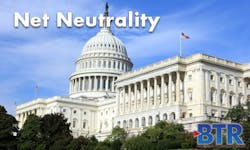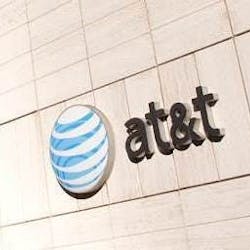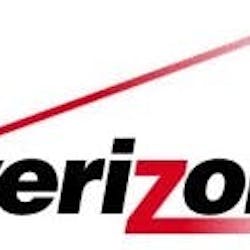Earlier this month on Capitol Hill in Washington DC, the House Energy & Commerce communications and technology subcommittee held a hearing considering two bills, one commonly referred to as the "No Rate Regulation of Broadband Internet Access Act," and another that would provide relief for small ISPs from a variety of transparency rules.
Last year, the FCCruled that broadband is a common carrier service, which places it under the auspices of Title II of the Communications Act. The move places broadband right alongside traditional telephone services, which are subject to rate regulation that requires permission before implementing an increase in prices.
The Commission's order specified that the reclassification was done for net neutrality reasons, not to meddle with ISP pricing and did not impose traditional rate regulation on them. However, opponents say that it also opened up the possibility that the FCC could review retail prices after the fact either in response to a consumer complaint or on its own initiative.
The language of the "No Rate" bill currently says, "Notwithstanding any other provision of law, the Federal Communications Commission may not regulate the rates charged for broadband Internet access service." House Republicans, who tried unsuccessfully to include the provision in December's spending bill, have indicated they are advancing the legislation in order to codify FCC Chairman Wheeler's promise that Title II designation will not result in the rate regulation of broadband services.
However, the chairman of the House subcommittee considering the bill said during the hearing that he would like to also eliminate the possibility of after-the-fact regulation, according to Ars Technica.
"Rate regulation by after-the-fact second-guessing is rate regulation nonetheless. We should assure that the specter of rate regulation of broadband is off the table permanently," said Rep. Greg Walden (R-OR).
A majority staff memo concurs with the view that the bill should "prohibit the FCC from regulating the rates charged for broadband Internet access service, whether directly through tariffing or indirectly through enforcement actions," the Ars Technica article said.
The ranking Democrat on the subcommittee, Rep. Anna Eshoo (D-CA), on the other hand, cautioned against taking away the FCC's ability to protect consumers. She expressed specific concern over data caps being implemented in a discriminatory fashion.
Harold Feld, senior VP of advocacy group Public Knowledge, told the subcommittee he is concerned the bill would prevent the Commission from taking action against fraudulent billing practices and data cap complaints, like charges an operator is charging inaccurately for data consumption.
On the other side of the coin, Robert McDowell, a partner at law firm Wiley Rein and former FCC member, testified he believes the language of the bill should be more specific by prohibiting what he called "ex post determinations that rates are unjust or unreasonable," and the regulation of rates for access services, like peering and interconnection.
A second bill under debate has to do with the exemption of small ISPs from certain of the transparency provisions in the net neutrality rules. The FCC gave companies with 100,000 or fewer subscribers a year-long exemption; the legislation would extend this permanently and increase the definition of a "small" ISP to those with 500,000 or fewer subscribers.
Meanwhile, the lawsuits brought by broadband providers against the FCC are still pending. Oral arguments were heard by a three-judge panel at the U.S. Court of Appeals in Washington DC in December, but a decision on whether to overturn the FCC's net neutrality rules could still be months away.





